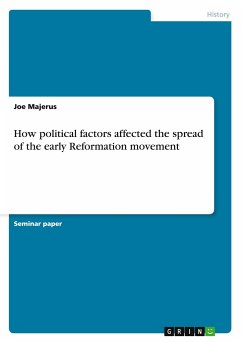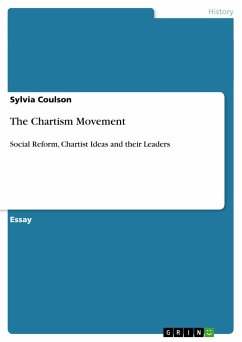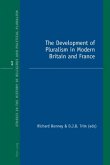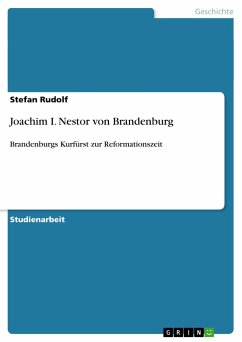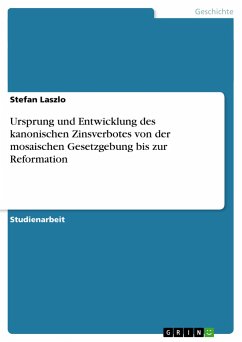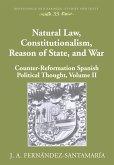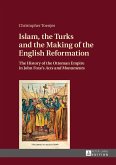Seminar paper from the year 2011 in the subject History of Europe - Modern Times, Absolutism, Industrialization, grade: 1,7, University of Luxembourg, language: English, abstract: In early modern Europe, there were arguably few other events of such far-reaching significance and with ultimately such cataclysmic and lasting consequences than the Reformation movement started by Martin Luther. With all the individual and idiosyncratic forms the different protestant denominations were to assume in the following years, they certainly often stood at the centre of events and developments which were to have profound political, religious and social repercussions upon the overall course of early European history, lasting for many decades while plunging large parts of the continent into a long period of internal unrest and cross-national conflicts . Beyond any doubt the reformation imprinted itself upon the lives and works of people throughout various countries and affected the decision-making of entire states in substantial ways, changing forever the face of not only Europe, but even of the entire world through movements eventually spreading all over the globe . In hindsight it may therefore be all too enticing to assume that there simply hadn't been any other possible scenario than for Protestantism to develop the viral power with which it ultimately was to sweep over societies at the time; and that in fact the mere promise and novel nature of its diverging spiritual teachings and religious views from established Catholic doctrines offered by its various proponents alone had sufficed to gain such permanent and widespread a foothold as it ultimately did. Yet to show that it was as well a variety of additional factors - above all pertaining to the power- and geopolitical realm- that ultimately made possible for such irreversible an establishment and rapid diffusion of the Protestant movement will be the principal aim of this essay.

